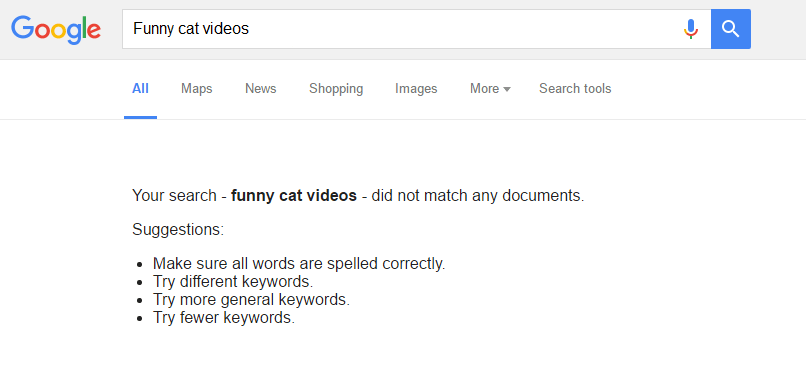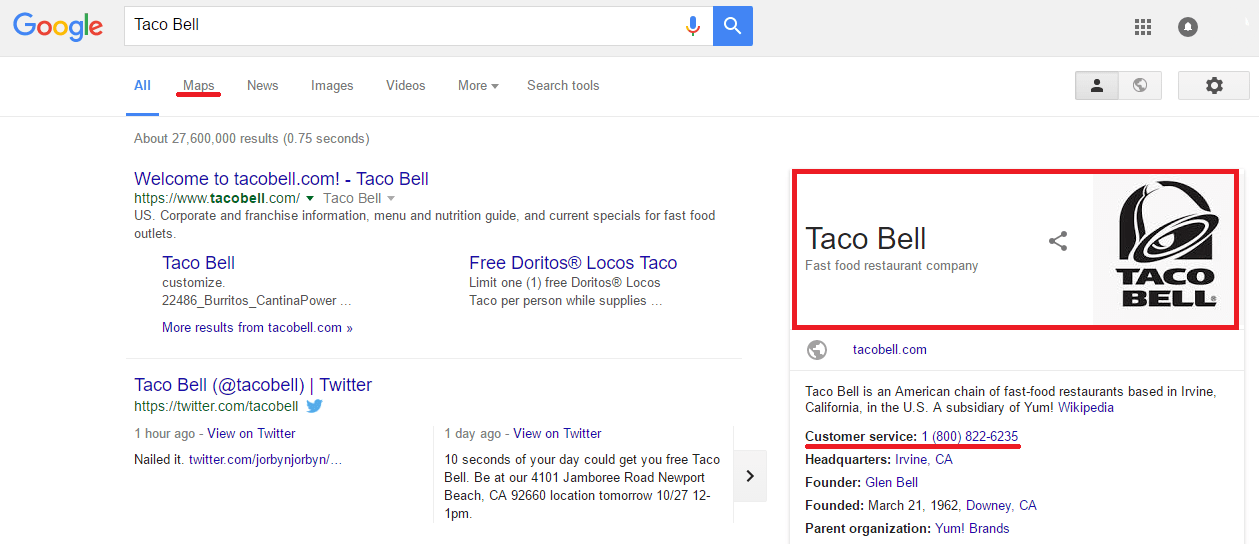To fully understand what SEO is, we must first understand the roots of SEO.
Where and when was SEO born, per say. How has it been adapted over the years for today’s busy world? Was SEO even plausible as a means of filtering out most junk data ever so common in today’s world?
And perhaps the biggest question of all:
Could anyone have predicted just how impactful SEO would be today?
The Beginning (Late 1990’s to Early 2000’s)
Man had fire, the pioneers had the ambition, and the internet?
The internet had the motive.
Truth be told, writing about the history of SEO may seem like a rather broad topic..
.. and it really is.
The biggest contributor to this factor is that fact that many search engines nowadays have evolved from their previous forms.
A prime example of search engines changing is that fact that Google no longer takes months to update. In fact, with newer updates to Google’s algorithm programs such as Google Rank Brain algorithm, many of these updates are real-time.
Think about the early internet like this:
“Hmm.. I’ve got some time to kill. Let’s see if there’s anything to do online..Ah, how about I look for funny cat videos..”
To your surprise, you would probably get something like this.

And this was the basis of early search engines as the internet began. There simply was no form of organising information presented in websites.
This called for a level of structure and organisation to be made.
Thus, the motive was found, and with it, the beginning of Search Engine Optimization.
Companies began creating forms of organizing and structuring information based on the main words. An early example of this type of organisation came from a company called Excite in the year 1993, which revolutionised the way information was catalogued through the use of keywords and context information.
After seeing Excite’s success in the growing invention of the internet, competitors such as Google in 1997 and Yahoo in 1994 entered the scene further improving and simplifying the process of organising data.
As with any beginning organisation or idea:
Anything Goes!
What this means?
- Keyword stuffing and excessive back links were leveraged way higher than they are today. In fact, using these techniques now a days actually penalizes your ranking score.
Back then, however, there was no way of regulating what techniques were ethical to be using when trying to score higher on the ranking scores by these start-up search engine companies.
This was largely due to the fact that updates to the major algorithms would take weeks to months to complete. Thus, black-hat techniques for SEO suck as excessive back linking and keyword stuffing were effective for large stretches of time.
Of course, Google would eventually take steps to prevent such tactics from being used through the use of rules and regulations and more efficient ways of updating the algorithmic equations in their own search engines.
Means of Leveling the Playing Field (Early 2000’s)
As previously stated, Google was beginning to catch on these black-hat techniques being used to improve rankings unethically.
Google wanted to level the playing field for everyone so their information can be seen and acknowledged.
Thus, Google began to penalize these black-hat techniques to make sure it was being used less.
Along with the beginning of penalizing unethical black-hat techniques to improve a website’s ranking score, search engines began offering a more personalized experience.
This personalized experienced included information such as maps, store hours, locations, contact information, etc. These means were known as local SEO, which greatly improved just how useful information presented in these search engines was.
This can even be seen to this day, ever growing with the expansion of Google Maps for accuracy wand more relevant local store information for the ultimate personalized experience.
As can be seen in this image below:

Through a quick Google search, we can find all sorts of relevant information.
Anything from the organization which I looked for, to maps of the local area of where to find such establishments, to contact information relevant today.
This, of course, is a much more up-to-date form of personalized experiences for search engines users.
But really, this is what search engines have evolved to thanks to Search Engine Optimization.
This level of personalized experience eventually led to a different era of search engine optimization:
The Reactive Era (Late 2000’s)
These very small yet revolutionizing factors such as personalized experiences led to a reactive era; a period of time where content provided by search engines like Google became much more interactive.
This was achieved through the use of real-time updates from many forms of information, being Google News or forms of social medias.
This mix of constant updates from social medias to Google News led to a new way of indexing content for means of optimization to keep everything up to the user.
Once again, Google was able to use information such as historical data to offer a much needed personalized experience.
Information used for such historical data included recent keyword searches, search history, and so forth. Through the use of Google Trends and Google Analytics, optimization was better than ever, targeted specifically for every individual using the system itself.
This, of course, led to a need for a more user-oriented SEO foundation. New content was constantly being optimized through the search engines to increase exposure by companies.
After all, they need to expand and grow in the ever-changing world of the internet.
Google Sets the Table of SEO (Early 2010-2012)
Massive changes began to occur in the SEO world which lead to a more rank-based, user-focused experience.
Google, once again, began setting restrictions to means of improving your ranking score and continue penalizing websites using unethical methods of rankings.
Google’s algorithm also began to change.
Stricter regulations on keyword targeting, quality of content, and overall optimization greatly impacted how results were being indexed.
Google’s site continued to grow, providing faster and even more relevant keyword searches, as well as means of keeping up with the surge in social media experiences.
In order to keep with the surge in media, Google invented Google+, which played a major role in increasing content visibility to all people.
All these factors overall lead to an age of a more personalized experience with much more engaging information as well.
Modern Times (Late 2012-Present)
Although the many improvements in the SEO world and the search engine world as a whole, there are issues which begin arising.
When a website such as Google knows the insides and outsides of what the consumer searches and has been searching leads for people in distraught in means of privacy.
Work is still being done today as to what information should be known by these search engines and what information is to be kept for consumer quality, but until then we wait on.
This newer era of search engines also lead to an extra factor of the SEO process.
Now websites which are not mobile-friendly are greatly reduced in ranking. This is due to the fact that in a world of mobile technology, having an optimized website to the accessibility of all is a major factor.
The Future? (20XX)
As the internet continues to expand, search engines and thus SEO will continue to evolve. Content is being ranked on quality, uniqueness, and relevance to the consumer as a whole.
SEO is still young, and will continue to evolve and be implemented into the search algorithms of Google and other search engines as a whole.
Perhaps SEO will also evolve and include other forms of media synthesis, such as visual content.
One can only wonder, and prepare for the future of a process which really showed up due to the need of structure and optimisation.
To Conclude
Search engine optimization has been around for many years and will only continue to improve upon itself for the ever expanding internet.
So,
Are you or your website prepared for the upcoming changes in the world of SEO?
Leave your thoughts below in the comment and let me know what you think.
Also, if you like the article then please click on the share button, and share the article with your fellow friends and SEOers in your community.